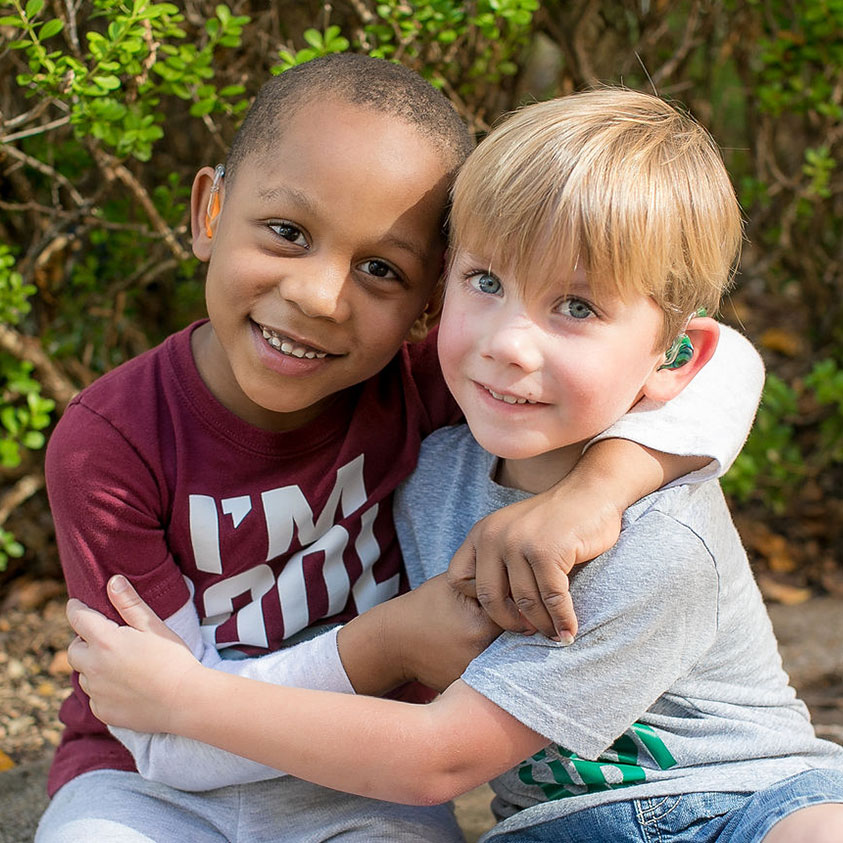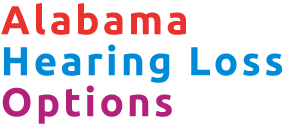 Learn More
Learn More




Know Your
Options
Learn about your child’s possible paths in Alabama for learning, growing, and thriving when there is a hearing difference.
INFO American SignLanguage Listening &
Spoken Language Support &
Guidance



Welcome to Alabama Hearing Loss Options!
Most likely, you are here because you have learned that your child (or a child you care about) is deaf or hard of hearing. You may have lots of questions. You may not be sure what questions to ask or where to start. Whatever is the case, your child with a hearing difference can thrive with your support and encouragement!
Yes, there are questions to be asked and answered. There are plans to be made and choices to make. The good news is that you can start wherever you are. By acting early, being involved, and checking your choices, you can help your child succeed.

Babies communicate from the time they are born. Between birth and 3 to 5 years of age, early communication skills develop into the structures, words, sentences, and stories of language.
Grown-ups communicate with babies and toddlers in many ways to capture their attention or soothe them when they are upset. These things don’t seem like learning activities, but they are.
These early learning experiences are important. They teach skills like turn-taking and ‘joint regard’ (paying attention to the same thing at the same time someone else is paying attention to it).

Babies and young children need these skills to learn their first words and become ready to use the formal rules of language to express their thoughts, ideas, and opinions. But children need more. Children need ‘time in language’.
Children learn the language or languages that are used with them and around them. Most children who are deaf or hard of hearing have parents who have typical hearing levels. Without support, these children miss out on important ‘time in language’ and conversational turns needed to learn language.
